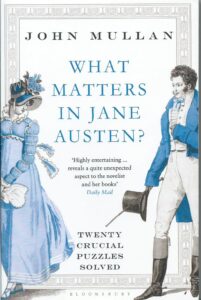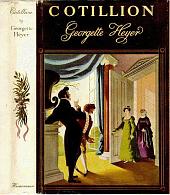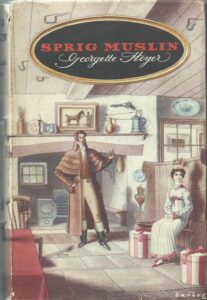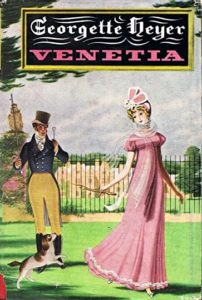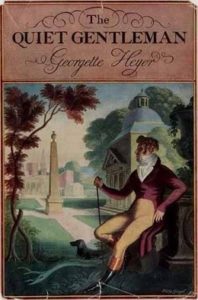In my opinion, Faro’s Daughter is probably Georgette Heyer’s most emotionally intense book. The relationship between the hero, the cold, rude, fabulously rich Max Ravenscar and the beautiful Deborah Grantham who presides over a gaming establishment in St James’s Square in the heart of fashionable London in the 1790s, has a sexual tension which is quite unlike any of her other books.
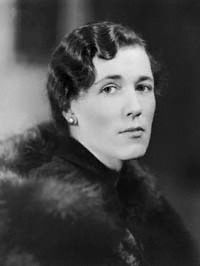
Georgette Heyer by Howard Coster 1939
Continue reading Georgette Heyer: Faro’s Daughter
Please share this page...
